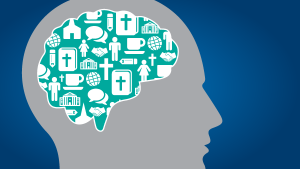Izabella Lee is an East Asian woman in the tech industry. She is passionate about data, education, coffee, theology, and music, not necessarily in that order. You can follow her at her blog and on Twitter @adventureorchid.
Image by twentyonehundred productions team member Laura Li-Barbour.
Blog Categories:








Add new comment